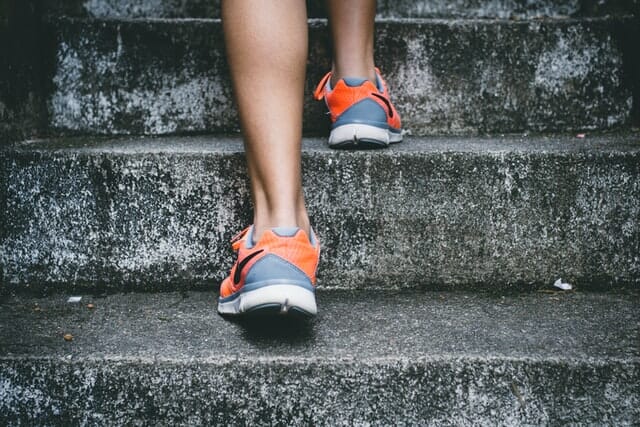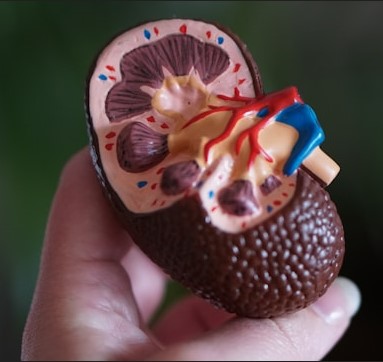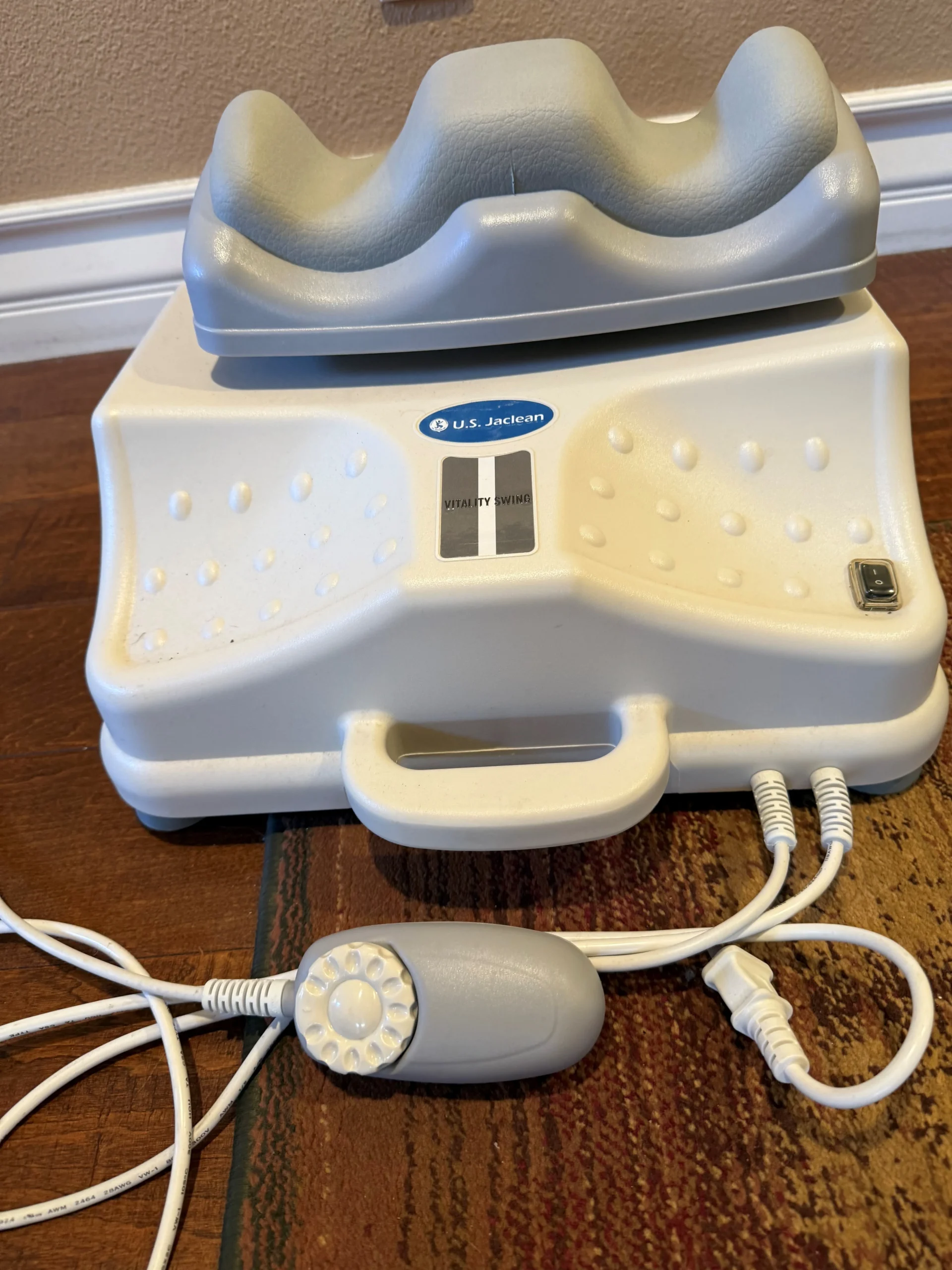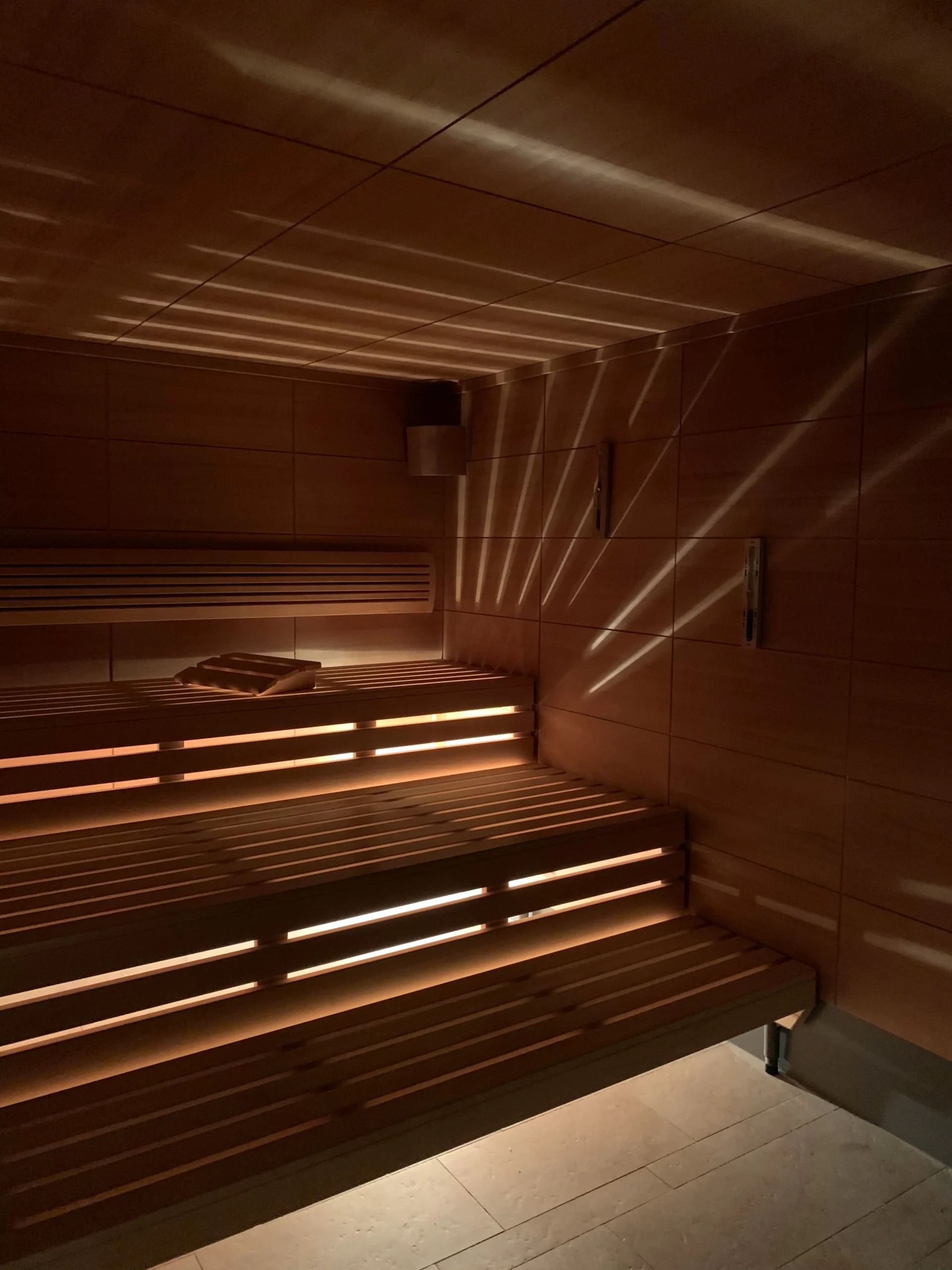
I have always felt my daily dose of 30 minute bootcamp sessions is my best way to boost my immune system.
Science proves me right !!!
Your immune system NEEDS exercise!
A 2019 review in the Journal of Sport and Health Science found that moderate exercise boosts your immune system defense activity and metabolic health.
By keeping your immune system healthy, you increase your chances of warding off viruses — COVID-19 and others.
Exercise remains one of the most effective (and science-backed) ways to boost your immune system.
FIVE WAYS EXERCISE BOOSTS THE IMMUNE SYSTEM
Exercise stimulates cellular immunity
Each bout of moderate aerobic exercise instantaneously mobilizes millions of immune cells.
The mobilized cells first enter the blood circulation from the spleen and the bone marrow before traveling into the lungs where increased immune defense may be required.
These cells, mobilized by exercise, are primed and ready for a fight as they patrol between circulation and tissues.
Depending on the exercise intensity and duration, the number of circulating immune cells can increase by 50% to 400%.
However, this exercise-induced increase in immune cells is transient, as the immune system returns to pre-exercise levels within three hours.
Consequently, sustained and regular moderate exercise is key to improving the immune system’s response to pathogens and reducing the risk of infection long-term.
2. Exercise raises body temperature
This brief rise in body temperature both during and after exercise may prevent bacteria from growing and help your body better address an infection (similar to how a fever works)
3. Exercise helps you sleep better
Sleep loss can negatively affect certain parts of the immune system.
4. Exercise decreases stress and other conditions such as depression
Moderate-intensity exercise can slow down the release of stress hormones while positively influencing the neurotransmitters in the brain that affect mood and behavior
5. Exercise reduces inflammation
Moderate exercise with appropriate rest periods can maximize the effectiveness of your body’s inflammatory immune response, lowering your risk of chronic inflammation.
What Do I Need to Do to Boost My Immunity through Exercise?

Substantial health benefits can be achieved with many types of aerobic activity (e.g. walking, jogging, cycling, swimming, sports play and aerobic dance).
Research shows that 20–40 minutes of moderate-intensity exercise per day is adequate to provide a positive boost to the immune system.
Below are several ways to monitor intensity during aerobic exercise to achieve your physical activity goals.
- The “talk test”
The “talk test” is a simple way to gauge the relative intensity of exercise. You can talk but not sing while doing moderate-intensity activity. During vigorous intensity, you cannot say more than a few words without pausing for a breath.
- Rate Your Perceived Exertion
Perceived effort is a subjective method to monitor how hard exercise feels. Rate your overall feeling of tiredness and exertion on a rated perceived exertion (RPE) scale of 0–10, with 0 being nothing at all to 10 being very, very heavy. Moderate-intensity exercise is targeting an RPE of 3–4 whereas vigorous intensity is targeting an RPE of 5–7.
- Track Steps
Motion sensors are devices primarily used to track steps and indicate the overall index of a person’s activity. Moderate-intensity exercise is equivalent to a step rate of 120 steps per minute, or 1,200 steps in 10 minutes. A common recommendation is not to accumulate fewer than 5,000 steps per day but to aim for at least 10,000 steps in a day.
REFERENCES
Front. Physiol., 09 January 2020 Sec. Exercise PhysiologyInflammatory Effects of High and Moderate Intensity Exercise—A Systematic Review
Psychoneuroendorcrinology, VOL 13, September 2021, 105336 The effects of exercise intensity on the cortisol response to a subsequent acute psychosocial stressor
OTHER BLOGS RELATED TO THIS TOPIC
Exercise Is A Prescription For Health





























